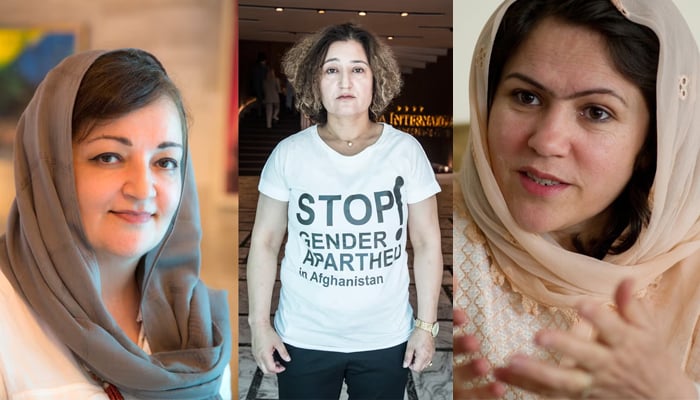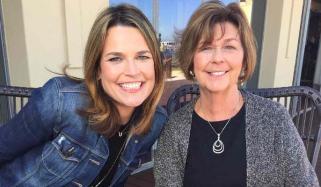
A summit recently took place in the Albanian capital of Tirana, where Aghan women were seen singing songs and hugging former friends who they didn’t see from the time when Taliban came in power.
Ever since the ultraconservative political group began erasing women rights in August 2021, over 14 million ladies’ freedom have been stripped away in Afghanistan.
One person attending the conference was Fawzia Koofi, a former MP from the country who relocated to UK in exile and has since worked to bring more than 130 Afghan women to this meeting.
For over two years, she and co-organizers Seema Ghani, Golchehehrah Yaftali, and Elaha Soroor struggled to find the summit a home until Albania allowed them to conduct it in its capital of Tirana.
“It was really important to us to try to find a Muslim-majority country close to Afghanistan to host this summit, and it was very disappointing that so many refused to do so,” Fawzia Koofi said.
She added, “If women’s voices are not heard, then their rights will not be respected. There is strength in numbers and we are here to find unity and speak with one voice.”
Turkey as well as the UAE’s government were a part of those that refused to let them host the conference, which was held in a bid to allow Afghan women get their voices heard internationally.
In recent months, there has been a gradual shift towards normalizing diplomatic relations with the Taliban, but female voices have been largely absent from these discussions.
Afghanistan has now banned them from being heard in public, and dancing along with singing are strictly prohibited, as per The Guardian.
“The women gathered in the [summit] garden singing folk songs and dancing could have faced terrible consequences,” Fawzia Koofi noted.
But for attenders, it was a form of “collective therapy” and a step to “change things.”















